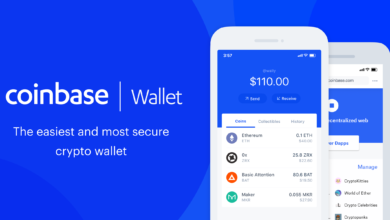Google Fi vs Verizon: Which One is the Best Mobile Carrier for You?

Introduction
In today’s world, staying connected to the internet and communicating with people is crucial. Mobile carriers like Google Fi and Verizon offer various services to help us stay connected with our loved ones and access the internet. Choosing the best carrier that suits your needs can be overwhelming, considering the numerous options available. In this article, we’ll compare two popular carriers, Google Fi and Verizon, to help you make an informed decision.
Coverage and Network Strength
One of the significant differences between Google Fi and Verizon is their network coverage and strength. Verizon has a much more extensive network, covering most parts of the United States, including rural areas. The carrier uses CDMA technology, which provides a better signal quality than GSM technology used by Google Fi. On the other hand, Google Fi uses a combination of three networks, T-Mobile, Sprint, and US Cellular, and switches between them based on the signal strength. This feature ensures that users get the best coverage, but it may not be suitable for people living in areas with poor network signals.
Pricing and Plans: Another crucial factor to consider when choosing a mobile carrier is pricing and plans. Verizon offers various plans, including unlimited data plans, shared data plans, and prepaid plans. The prices range from $35 to $95 per month, depending on the plan you choose. Google Fi, on the other hand, offers flexible plans that allow you to pay for the data you use. The carrier offers a basic plan that costs $20 per month for unlimited calls and texts, and data costs $10 per GB. You can also opt for an unlimited plan that costs $70 per month.
International Roaming
If you travel frequently, international roaming is a crucial factor to consider when choosing a mobile carrier. Google Fi offers seamless international roaming in over 200 countries, with no additional charges for texting and data. The carrier also offers low-cost calls to other countries. Verizon also offers international roaming, but the charges vary depending on the country you’re visiting. The carrier’s TravelPass plan costs $10 per day in Canada and Mexico and $5 per day in other countries.
Customer Support
Finally, customer support is an essential factor to consider when choosing a mobile carrier. Verizon has a reputation for excellent customer support, with various channels to reach them, including phone, chat, and social media. The carrier also has a robust online community where users can ask questions and share experiences. Google Fi also offers customer support through phone and chat, but some users have complained about long wait times to get through to a representative.
Conclusion
In conclusion, both Google Fi and Verizon have their strengths and weaknesses. Verizon has a more extensive network and excellent customer support, while Google Fi offers flexible pricing and seamless international roaming. Ultimately, the best carrier for you depends on your needs and priorities. If you prioritize network coverage and customer support, Verizon may be the best option for you. However, if you travel frequently and want a flexible pricing plan, Google Fi may be the better option.




